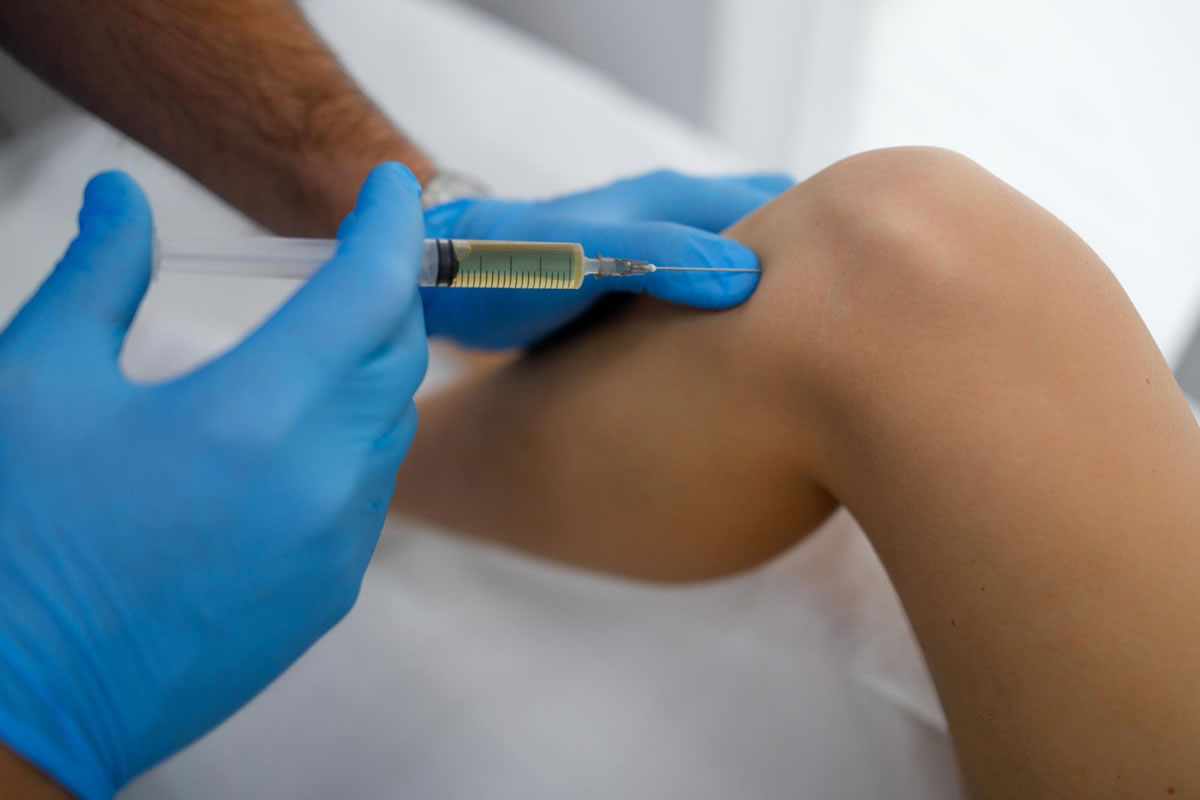
Arthritis affects millions of aging Americans that struggle with mobility, aches, and pains in their joints. As an orthopedic surgeon in Deltona, we work with many patients to diagnose and treat arthritis and arthritis-related issues. There are a few different ways doctors will check for arthritis. For starters, if you are having a physical examination, they will look at your joints for signs of redness, swelling, and warmth. They will likely also check how well your joints are able to move.
Lab Tests
You can also have lab tests ordered to check you for any form of arthritis, pinpointing the exact type you are suffering from. They do this by analyzing different fluids; Blood, Joint Fluid, and Urine being the most common. In order for join fluid to be tested, the doctor will clean and numb the area, then insert a needle into the space between your joints to withdraw the fluid for testing.
Other Tests
Imaging tests are also used to check for arthritis. Examples of imaging tests include:
- Ultrasound
- X-Rays
- MRI
- CT
How Our Orthopedic Surgeon in Deltona Treats Arthritis
While these diseases are debilitating and can really affect your quality of life, there are treatments available. The treatments focus on improving function and reducing symptoms. It isn't uncommon for people to try multiple treatments to find the one(s) that work best for them.
Medications
Let's start with medications. Depending on the arthritis you have, there are different medications you could be prescribed. The most common medications used are NSAIDs, steroids, DMARDs, and counterirritants.
NSAIDs are nonsteroidal anti-inflammatory drugs. They can reduce inflammation while relieving pain. Advil, Motrin IB, are some common examples of NSAIDs. Mind you, stronger NSAIDs can increase risk of stroke or heart attack.
Steroids, such as prednisone, reduce inflammation. They will also reduce pain and gradual joint damage. They can either be administered by injection or pill. Some side effects you may experience are diabetes, weight gain, and thinning bones.
DMARDs (Disease-modifying Antirheumatic drugs) can slow rheumatoid arthritis' progression. It will also help save joints and tissues from damage that could be permanent.
Counterirritants come in many forms. You are able to get creams and ointments. Some contain menthol, others can contain capsaicin. Capsaicin is the ingredient hat makes peppers so spicy.
Therapy
For some arthritis types, physical therapy is suggested. Regular exercises are able to increase your range of motion while giving strength to your muscles surrounding the joints. There are some instances when a brace or splint may be beneficial.
Surgery
In extreme circumstances, or as a last resort, doctors may recommend surgery. Joint fusion, repair, and replacement are used to relieve symptoms and alleviate pain.
- Joint repair can sometimes be done through a small incision over the affected joint.
- Joint Replacement removes the joint that is damaged and insert an artificial one.
- Joint Fusion is normally for smaller joints (ankle, fingers, and wrists).
If you are experiencing pain in your joints, you may want to schedule an appointment with our orthopedic surgeon in Deltona. Contact Florida Bone and Joint to schedule your appointment with our specialists today.